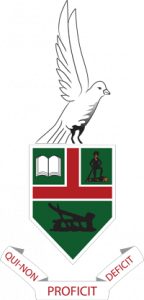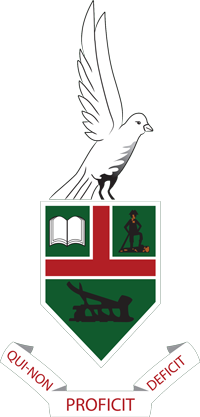HEALTH &
PHYSICAL EDUCATION
Using health related and movement concepts, the focus is on developing:
- confident, resilient ākonga who know, understand, and can take responsibility for themselves
- grounded, connected, critical thinkers who contribute to society
- ākonga who have a relationship with their own hauora and who can positively contribute to the hauora of others
- ākonga with a sense of social responsibility and connection to the people, communities, and environments around them.
Personal health & physical development
Ākonga develop knowledge, understanding, skills and attitudes to meet their health and physical activity needs, for now and in the future.
Ākonga learn about influences on their wellbeing and develop self-management skills that enhance their health. They’ll take increasing responsibility for the changing patterns of their life, work, relaxation, and recreation.
movement concepts & MOTOR SKILLS
Physical activity contributes to and promotes learning:
- in movement, by developing physical skills in a range of physical activity contexts
- through movement, using the medium of physical activity to develop knowledge of themselves and other people, social skills, and positive attitudes and values
- about movement, by examining scientific aspects of it and by learning about the social and cultural significance of physical activity for individuals, groups, and communities.
healthy communities & environments
Ākonga identify physical and social influences in the classroom, the school, the family, and society that promote individual, group, and community wellbeing. They develop understanding of their responsibilities to their communities and come to recognise the benefits that they can experience from participating actively as community members. Ākonga are encouraged to identify inequities, make changes, and contribute positively, through individual and collective action, to the development of healthy communities and environments.
relationships with other people
Using a variety of contexts, ākonga examine effective relationships in classrooms, schools, whānau, and the wider community. They consider their own influence on the wellbeing of others and how the attitudes, values, actions, and needs of other people influence them in return.
Ākonga also develop knowledge and interpersonal skills enabling them to interact sensitively with other people.
They learn to evaluate the social and cultural factors that lead to stereotyping and the impact of discrimination on individuals and society.
JUNIOR
HEALTH & PE
HEALTH & PE
Our Health programme equips students with the confidence to make informed decisions that will positively impact their well-being. Within a safe classroom environment, students will learn and understand Te Whare Tapu Whā – the 4 dimensions of well-being and the importance of 4 dimensions being balanced. Students are encouraged to acknowledge their personal identity, the values and attitudes they have towards themselves, others and society. Developing skills to foster and strengthen friendships, understanding how the body develops and the changes that occur during puberty, and challenging stereotypes and discrimination, are just a few of the areas covered in our junior programme.
In Physical Education, students experience a variety of fun and enjoyable activities with the aim of developing their physical literacy, fundamental motor skills and interpersonal skills. These key aspects will assist students to have motivation, confidence, physical competence, and understanding to value and take responsibility for engagement in physical activities for life. Woven throughout the junior programme is social responsibility where students are encouraged to acknowledge, challenge and reflect on their behavior in a way that is beneficial to their participation and success, as well as that of others in the class.
SENIOR PE & OUTDOOR PURSUITS
The senior Physical Education programme continues to build on the skills, knowledge and understanding that were learnt in the junior school, with greater emphasis being placed on taking responsibility for their learning, well-being, performance, and participation. Students begin to study and analyse movement concepts by exploring biophysical principles such as bones, muscles, exercise physiology, methods of training and biomechanics. The standards that are taught are decided with the students at the start of each year to maximize interest and involvement.
The outstanding recreational opportunities offered in our local Waimate environment provide us with the perfect place to explore, challenge and develop new and existing skills while using a risk management approach.
The units that are explored through our Outdoor Pursuits programme aim to develop knowledge and understanding around safe practices, sustainability and leadership in the outdoors. Possible areas of focus include first aid, tramping, rock climbing, mountain biking, underwater diving, and risk management.


